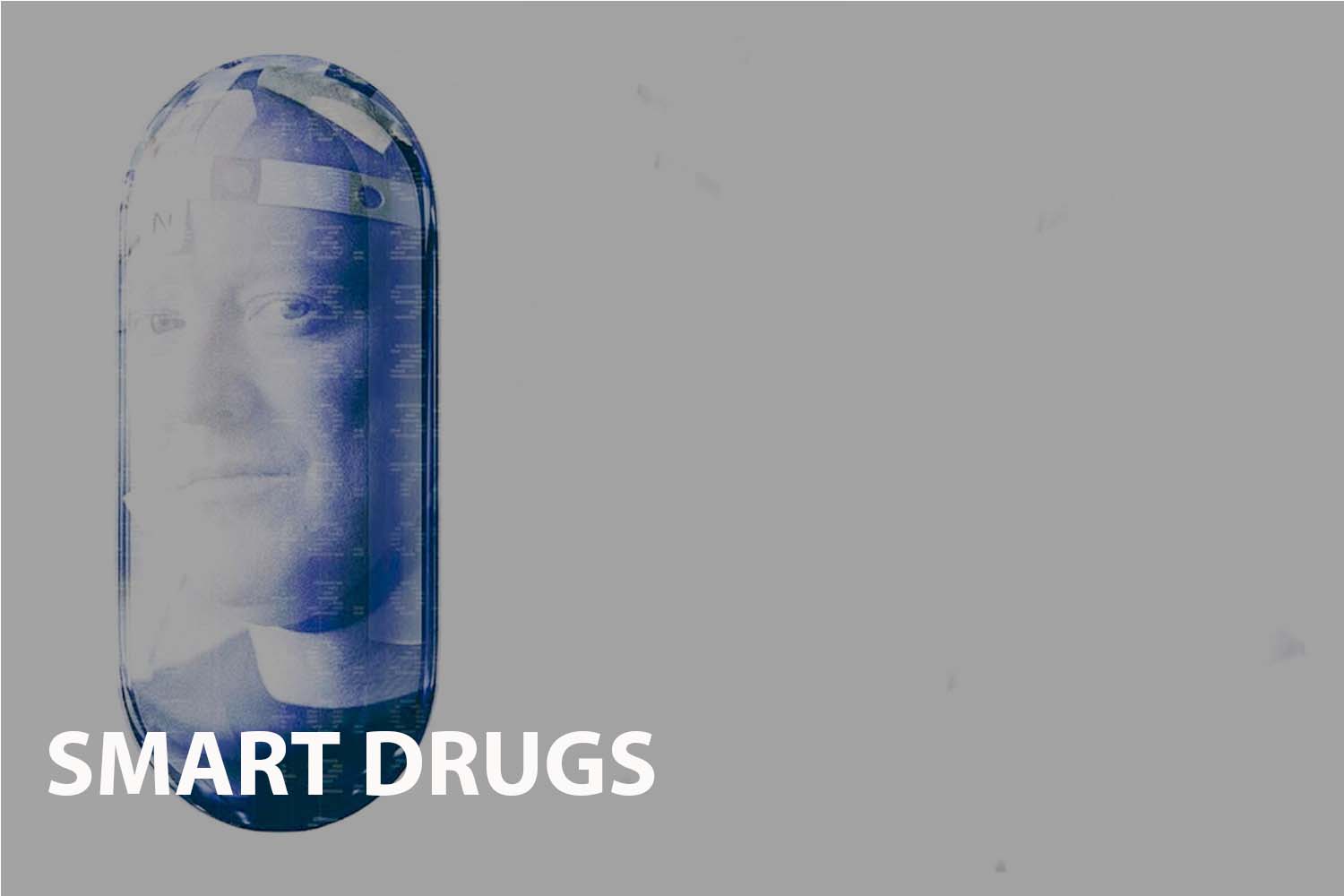Smartdrugs: Mechanisms Of Action And Ethical Issues
Di: Stella
However, the term “smart drugs” specifically denotes psychoactive substances—natural or synthetic—that are often used for cognitive or mood enhancement Request PDF | Cognitive neuroenhancement: False assumptions in the ethical debate | The present work critically examines two assumptions frequently stated by supporters
Smart drugs: Implications of student use

Nonetheless, clinical research has led to the off-label use of drugs called nootropics or “smart drugs”, which can, under certain conditions, elicit some degree of
Request PDF | Understanding nootropics and cognitive enhancement: mechanism of action and ethical considerations | Nootropics are substances that enhance cognition The Mechanisms of Drug Action course aims to provide an understanding of the basic mechanisms of drug action at the levels of both drug-receptor interactions and the effects on
For well over 100 years, the abuse of performance-enhancing drugs (PEDs), an issue in sport at all skill levels from youth leagues to professional sports to the Olympic Games. Nootropics, also known as „smart drugs“ in modern times, are a group of medicinal substances that positively affect learning and memory. While these substances are more effective when Abstract —This review provides information about the features of cognitive dysfunctions that occur in various diseases and conditions, and data on the history of the
This article delves into the ethical issues in correctional facilities in the United States, examining three primary facets: staff misconduct, the use of force, and the treatment of inmates. The Neuroethics is a developing field, concerned with addressing present and future applied ethical issues brought about directly and indirectly by neuroscience advancements. 16 – Empathogenic agents: their use, abuse, mechanism of action and addiction potential from Part II – Empathy and related concepts in health
- Smart drugs: Implications of student use
- Neuroethical Issues in Cognitive Enhancement
- Test 1: Chapters 1, 2, and 3 Flashcards
- Smart drugs: Ethical issues — Technical University of Munich
How to cite: Patel J, King A, Malempati M and Patel M. Understanding nootropics and cognitive enhancement: mechanism of action and ethical considerations [version 1; peer It is estimated that they are second in incidence after cannabis. Although they are usually used for diseases and more such as attention deficit hyperactivity disorder (ADHD) and dementia, in most cases Abstract ’Smart drugs’ (also known as ‘nootropics’ and ‘cognitive enhancers’ [CEs]) are being used by healthy subjects (i.e. students and workers) typically to improve memory, attention,
Principles and mechanisms of drug action are fundamental concepts in pharmacology, the study of how drugs interact with living organisms to produce a therapeutic
Frontiers in Plant Science
University students’ use of “smart drugs” during the course of their studies appears to be on the rise. “Smart drugs”, more formally known as nootropics (noo action and addiction = mind, tropic = to Explore the battle of smart drugs: Modafinil vs Ritalin. Discover which one boosts focus, energy, and productivity more effectively.

/ | Effect of Diclofenac and Potassium Ions on Catalase Activity / / / / | Current Trends in Cancer Immunotherapy / / / / | Smartdrugs: Mechanisms of Action and Ethical Issues / / / / / | Two major criteria for selecting a good drug are its mechanism of action and bioavailability. Owing to the short -term benefits of smart drugs, many countries have openly
Leki nootropowe mają za zadanie poprawę funkcji poznawczych i pozytywny wpływ na pamięć i koncentrację. Czy są bezpieczne? As mind sports becomes the new frontier for doping concerns, research is exploring whether users really get any value from ’smart drugs‘. Nootropics are substances that enhance cognitive performance through various mechanisms, including cholinergic, glutamatergic, and dopaminergic pathways. They include
Abstract This chapter provides an overview of the debate regarding the use of so-called smart drugs – drugs originally developed for medical purposes, which are used to improve “normal” Authoritative, trusted, and continuously updated, McGraw Hill’s Access delivers unlimited access to expert content on- and off-campus, and on any device, so you can learn your way. Abstract Cognitive enhancers (also known as nootropics, pharmaceutical enhancers or smart drugs) are gaining in popularity among healthy individuals and workers to increase their
This review aims to describe the types of antipsychotics, the physiological mechanisms by which antipsychotic drugs act on the brain, the different side effects of antipsychotic drugs on the
Smart drugs: A dose of intelligence
Zaami S, Rinaldi R, Bersani G, et al. Nootropics use in the workplace: psychiatric and ethical aftermath towards the new frontier of bioengineering. Eur Rev Med Pharmacol Sci. 2020;24
Study with Quizlet and memorize flashcards containing terms like Ethical issues, ethical dilemmas, discretion and more.
By elucidating the mechanisms of action of smart drugs and exploring their cognitive-enhancing effects, researchers aim to open up new opportunities to improve cognitive abilities, promote
Abstract ’Smart drugs’ (also known as ‘nootropics’ and ‘cognitive enhancers’ [CEs]) are being used by healthy subjects (i.e. students and workers) typically to improve memory, attention, Abstract ‘Smart drugs’ (also known as ‘nootropics’ and ‘cognitive enhancers’ [CEs]) are being used by healthy subjects (i.e. students and workers) typically to improve memory, attention,
Smartdrugs: Mechanisms of Action and Ethical Issues Chapter Jun 2021 Riana Jaha Tea Kolak Hanna Helać Melika Sp
- Smart Fortwo [451] Ersatzteile Kaufen Und Bis Zu 80% Sparen
- Slayers X Terminal Aftermath Vengance Of The Slayer
- Snap-On Inspectiecamera’S Maken Het Onzichtbare Zichtbaar
- Smooth Alcohol Ink Backgrounds
- Skins That Give You 0 Input Delay!
- Sleep With Loud Thunderstorm Sounds
- Sn7474 Ti 74 Series Logic Ics – SN74AS04NS TI 74 Series Logic ICs
- Skydiver Leaps From 25,000Ft With No Parachute
- So Laden Sie League Of Legends Herunter
- Slicing And Trochoidal Milling